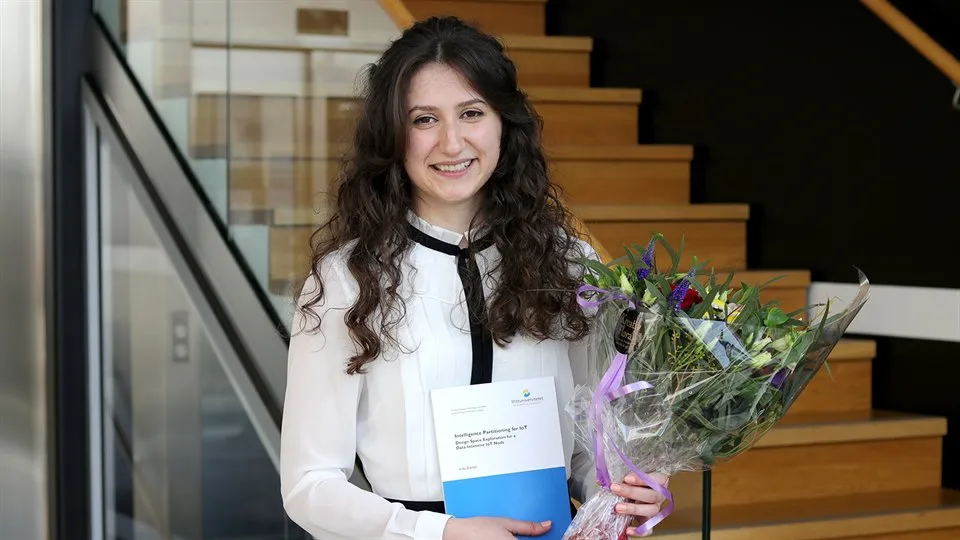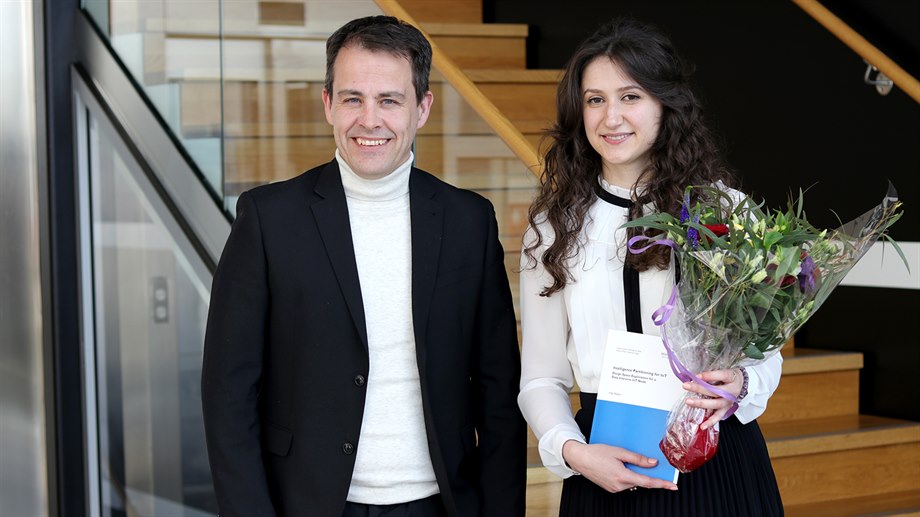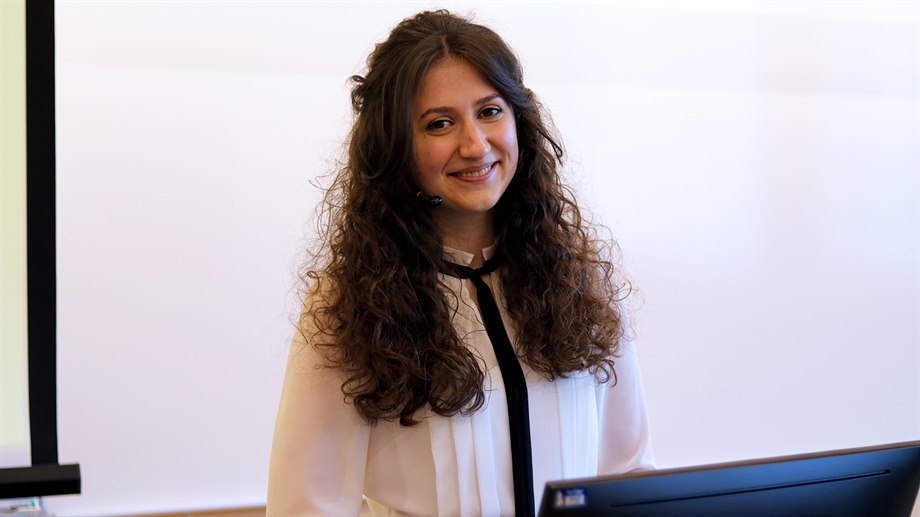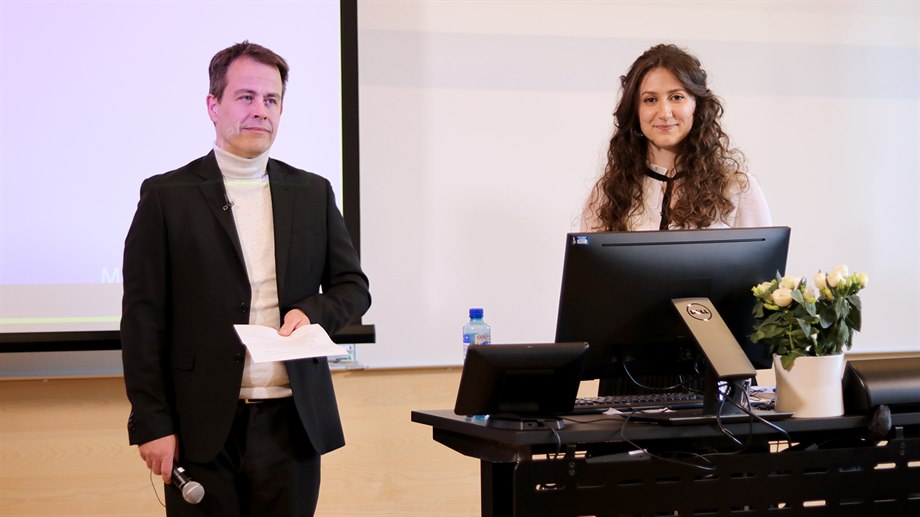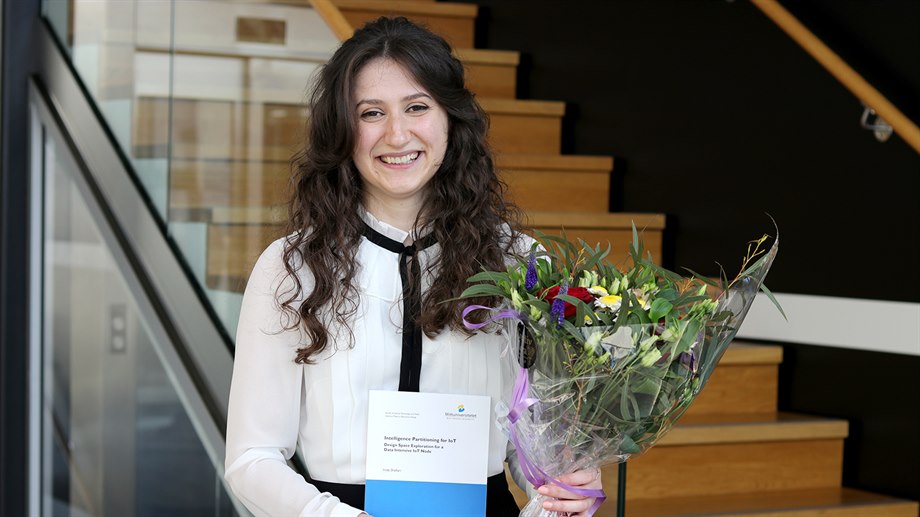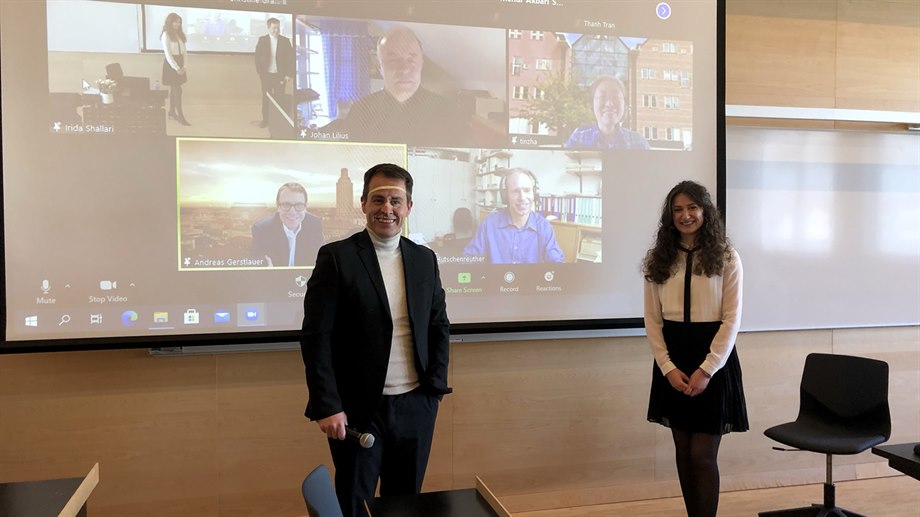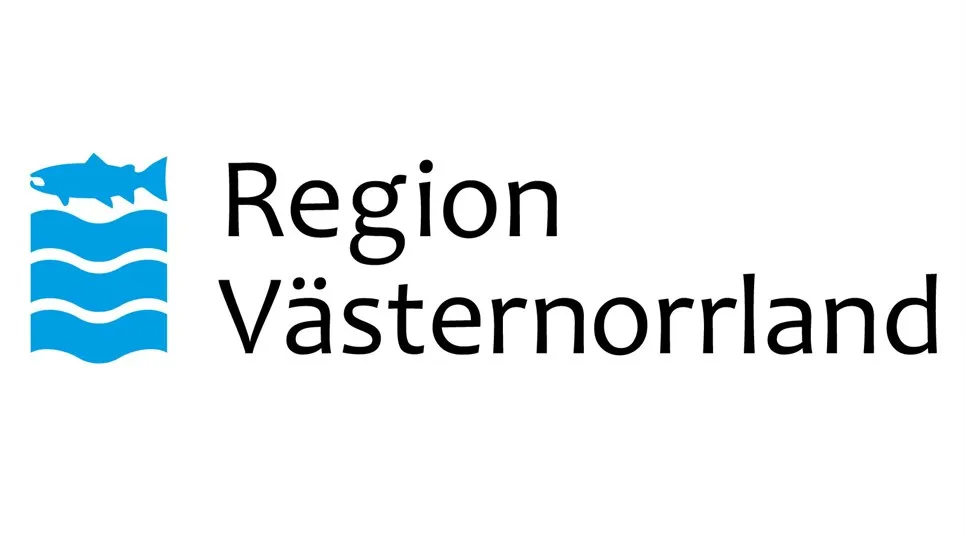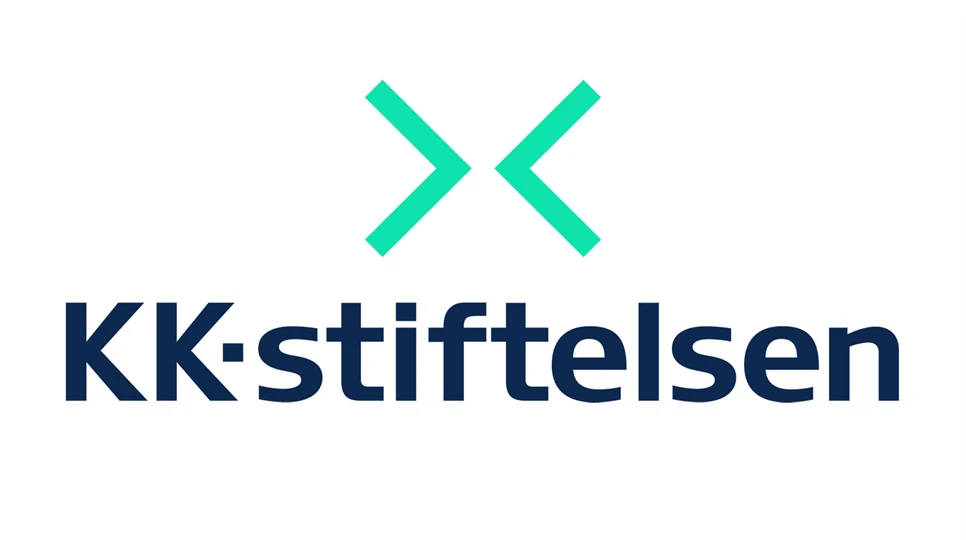av
Irida Shallari new PhD at STC
Congratulations to Irida Shallari for her successful defense of her doctoral thesis "Intelligent Partitioning of IoT - Design Space Exploration for a Data Intensive IoT Node". Opponent on the thesis was Prof. Andreas Gerstlauer from the University of Texas at Austin.
Irida presented her thesis on May 12, to the opponent Prof. Andreas Gerstlauer from the University of Texas in Austin and the grading committee consisting of; Professor Johan Lilius from Åbo Akademi, Professor Tino Hutschenreuther from the Institut für Mikroelektronik- und Mechatronik-Systeme and Professor Tingting Zhang from Mid Sweden University. Chaiman of the seminar was Prof. Mattias O'Nils, main supervisor for Irida.
Abstract
The technological shift towards the Internet of Everything has resulted in an ever-increasing interest in smart sensor nodes. The required deployment of these nodes in a variety of environments, powered by constrained energy sources such as energy harvester or conventional batteries, is reflected in the significant constraints in terms of energy consumption for the smart sensor node. Furthermore, the range of applications is expanding and the processing complexity is subsequently growing, resulting in high data volume and energy constrained IoT nodes. The aim of this thesis is to address the energy efficiency of these smart sensor nodes and enhance their design process, which would inherently shorten their time-to-market.
One of the key contributions of this work is the integration of the processing and communication perspectives in a design space exploration method for data intensive smart sensor nodes. This method relies on inputs that are high level estimates of the number of operations and intermediate data volume, and utilises the conflicting nature of the processing and communication as defining components of the energy consumption optimisation. One aspect covered by this method is processing exploration, where we identify areas of the design in which optimisation efforts would have a major impact on the overall node energy consumption. Another aspect is energy budgeting, where based on a set of predefined constraints, we can interpolate the processing energy available for the implementation of the additional processing tasks.
This work considers the sensor node as part of the IoT environment relying not only on in-node processing, but also on fog and cloud computing. The trade-off in processing and communication energy consumption facilitates evidencing the optimal partition point for a given application and the subsequent node offloading. Considerations of node energy consumption, communication latency, and channel utilisation define the distribution of the computational load between the processing entities. To sum up, the methods presented in this thesis dissociates from IoT node optimisation related to a specific scenario, providing a generic design space exploration method that can be applied to any given data intensive IoT node. The aim of this work is to be the starting point for the design of robust tools for design space exploration in smart sensor nodes for IoT applications.
